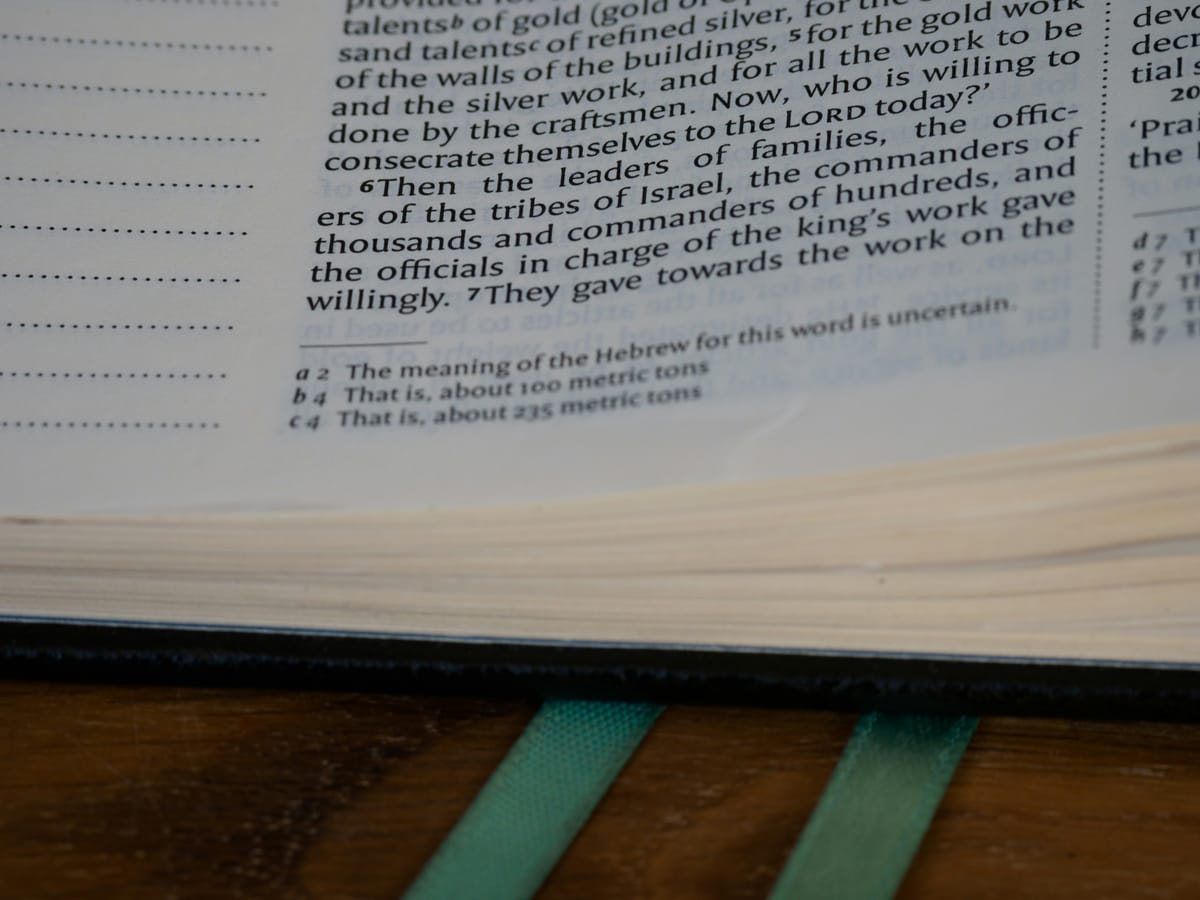"Do what thou wilt shall be the whole of the Law." - Aleister Crowley
In the sprawling landscape of philosophical and mystical thought, few statements have sparked as much controversy and intrigue as Aleister Crowley’s proclamation, "Do what thou wilt shall be the whole of the Law

In the sprawling landscape of philosophical and mystical thought, few statements have sparked as much controversy and intrigue as Aleister Crowley’s proclamation, "Do what thou wilt shall be the whole of the Law." This enigmatic maxim, drawn from Crowley's seminal work, "The Book of the Law," has been both celebrated and reviled, with interpretations ranging from the deeply spiritual to the utterly hedonistic.
Aleister Crowley, born Edward Alexander Crowley in 1875, was an English occultist, ceremonial magician, poet, painter, novelist, and mountaineer. His life was as eccentric as his writings, filled with scandal and mystery. "The Book of the Law," which Crowley claimed was dictated to him by an entity named Aiwass, laid the foundation for Thelema, a spiritual philosophy that emphasizes individualism, self-deification, and the pursuit of one's true will.
The phrase "Do what thou wilt shall be the whole of the Law" is often misunderstood as a license for unrestrained hedonism. However, a closer examination reveals a more nuanced meaning. Crowley believed that each person has a unique purpose or "True Will," and fulfilling this will is the path to enlightenment and personal liberation. He saw the concept of "will" as a driving force akin to the Hindu concept of Dharma—one's duty or destiny.
Crowley’s followers and critics alike have debated the ethical implications of his doctrine. Supporters argue that by Encouraging individuals to discover and pursue their true will, Crowley promoted a form of spiritual autonomy and self-realization. Critics, however, often point to the potential for misuse and the danger of justifying selfish and harmful behavior under the guise of spiritual freedom.
The historical context of Crowley's work is crucial to understanding its impact. The early 20th century was a time of significant cultural and intellectual ferment, with figures like Sigmund Freud and Carl Jung revolutionizing the fields of psychology and Lukács, Foucault and Nietzsche exploring the depths of human consciousness. Crowley’s ideas resonated with the avant-garde circles of the time, including artists, writers, and thinkers who were pushing the boundaries of traditional morality and spirituality.
In contemporary society, Crowley's ideas continue to influence various counterculture movements, spiritual practices, and even pop culture. Bands like Marilyn Manson and Rob Zombie have cited Crowley’s influence, while modern-day occult groups and neo-pagans often reference his teachings. Some self-help gurus and modern thinkers draw parallels between Crowley’s concept of true will and contemporary ideas of self-actualization and personal empowerment.
Despite the enduring fascination with Crowley and his ideas, it is essential to approach his work with a critical and discerning eye. The phrase "Do what thou wilt shall be the whole of the Law" is not a blank check for egocentric behavior but a call to deep self-exploration and spiritual commitment. Understanding Crowley’s teachings requires delving into the complex web of his ideas, historical context, and the broader philosophical and mystical traditions that influenced him.
In an age where individualism and self-expression are celebrated but also maligned, Crowley’s maxim remains a poignant and provocative reminder of the eternal quest for self-knowledge and spiritual fulfillment. Whether hailed as a visionary or vilified as a charlatan, Aleister Crowley’s legacy endures, challenging us to question our assumptions and seek the path that aligns with our deepest truths. The journey to uncovering one’s true will, as laid out by Crowley, is as arduous and corpulent as it is profound and rewarding.


